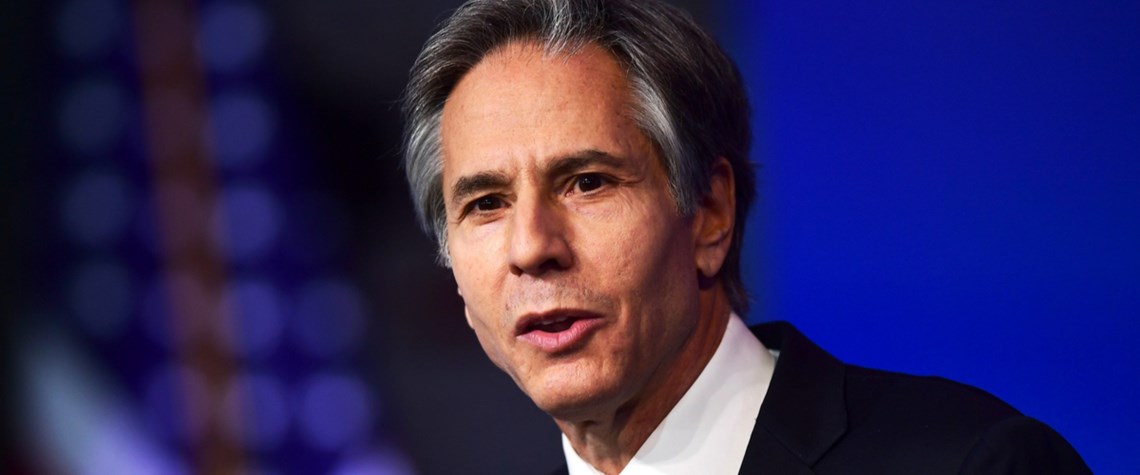Biden plans Mid-East Gulf shake-up
US diplomatic goals, if achieved, will impact the Iranian, Saudi and Yemeni energy sectors
President Joe Biden’s foreign policy speech at the State Department in early February gave subtle, but unequivocal, indications of how the new US administration’s views of the Middle East are radically different from those of the previous team. In listing America’s closest friends—ones he had contacted since taking office—he omitted Israel and all Arab states. The region’s autocrats know that relations with Washington are about to change: the president spoke of “rebuilding the muscle of democratic alliances”. Biden also dropped his predecessor’s habit of using foreign policy speeches to castigate Iran. He clearly wants to be careful not to complicate the role of his diplomatic corps, which h

Also in this section
11 August 2025
The administration is pushing for deregulation and streamlined permitting for natural gas, while tightening requirements and stripping away subsidies from renewables
8 August 2025
The producers’ group missed its output increase target for the month and may soon face a critical test of its strategy
7 August 2025
The quick, unified and decisive strategy to return all the barrels from the hefty tranche of cuts from the eight producers involved in voluntary curbs signals a shift and sets the tone for the path ahead
7 August 2025
Without US backing, the EU’s newest sanctions package against Russia—though not painless—is unlikely to have a significant impact on the country’s oil and gas revenues or its broader economy








